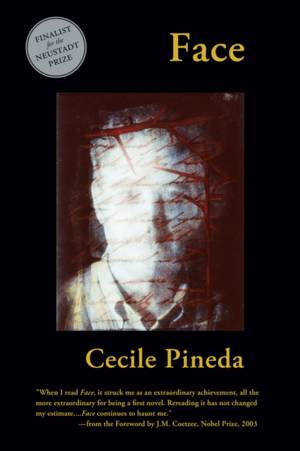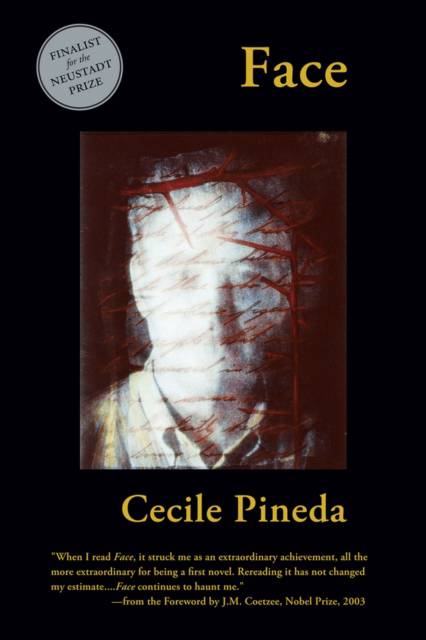
- Afhalen na 1 uur in een winkel met voorraad
- Gratis thuislevering in België vanaf € 30
- Ruim aanbod met 7 miljoen producten
- Afhalen na 1 uur in een winkel met voorraad
- Gratis thuislevering in België vanaf € 30
- Ruim aanbod met 7 miljoen producten
Zoeken
Omschrijving
When it was first published in 1985, Face met with critical acclaim and established Cecile Pineda among the very first Latina writers in the United States to be published by a major New York house. This new expanded edition, which marks the announcement of Face as a 2013 Neustadt Prize finalist, features a foreword by Nobel Prize-winning author J. M. Coetzee and a never-before-published interview with the author conducted by Dr. Francisco Lomelí. The novel--based on an actual event--tracks the fortunes of Helio Cara, a poor but brilliant Brazilian man. When he hears that his mother is dying, Helio rushes from his shack in one of Rio de Janeiro's favelas to the local telegraph office, only to fall down a steep hillside and literally lose his face, and in turn his identity. He rapidly loses his job, his lover, and his friends--his neighbor's go so far as to burn down his shack--and flees to the Brazilian interior to live as an outcast in his mother's tiny house. Pineda deftly, hauntingly records Helio Cara's decision to perform self-surgery, using only novocaine, to reconstruct his face and identity. This compelling metaphor for identity, already taught in American and Latino literature courses in numerous universities, stands ready to engross a new generation of readers.
Specificaties
Betrokkenen
- Auteur(s):
- Uitgeverij:
Inhoud
- Aantal bladzijden:
- 184
- Taal:
- Engels
- Reeks:
Eigenschappen
- Productcode (EAN):
- 9781609403454
- Verschijningsdatum:
- 1/11/2013
- Uitvoering:
- Paperback
- Formaat:
- Trade paperback (VS)
- Afmetingen:
- 152 mm x 229 mm
- Gewicht:
- 281 g

Alleen bij Standaard Boekhandel
+ 47 punten op je klantenkaart van Standaard Boekhandel
Beoordelingen
We publiceren alleen reviews die voldoen aan de voorwaarden voor reviews. Bekijk onze voorwaarden voor reviews.











